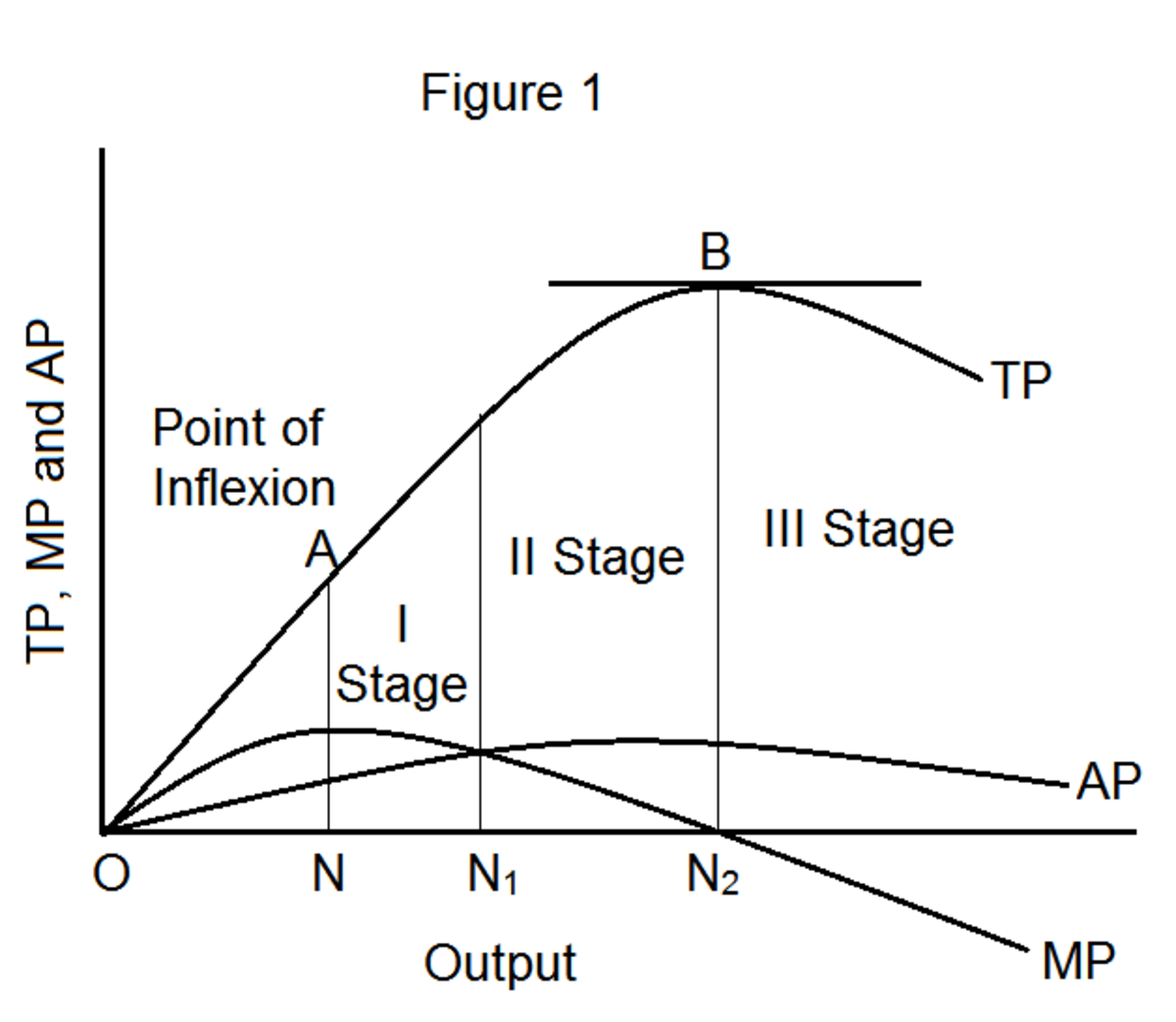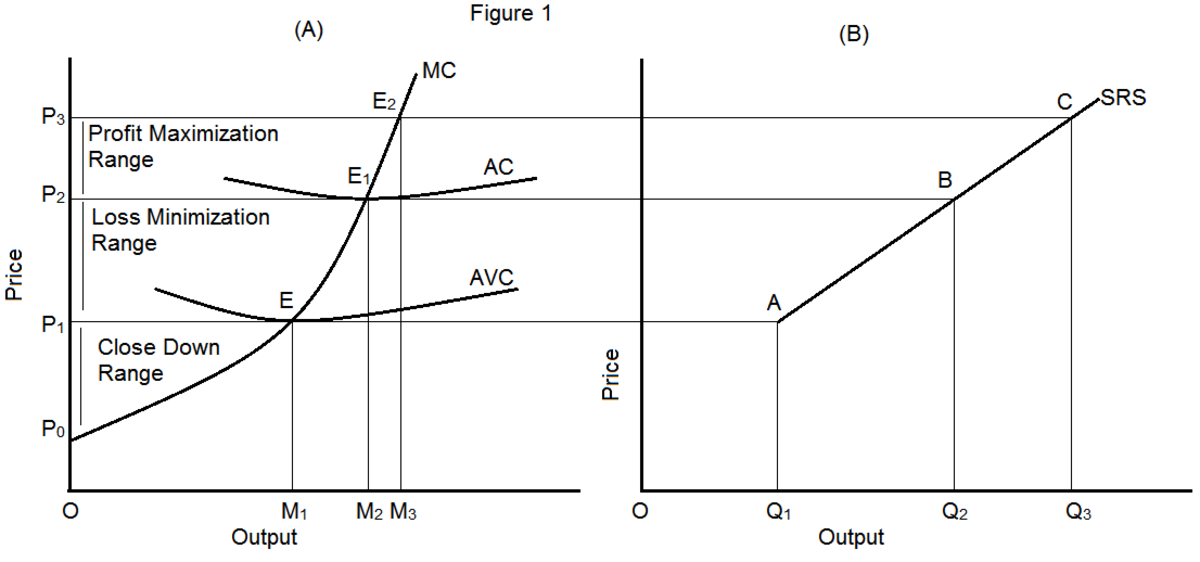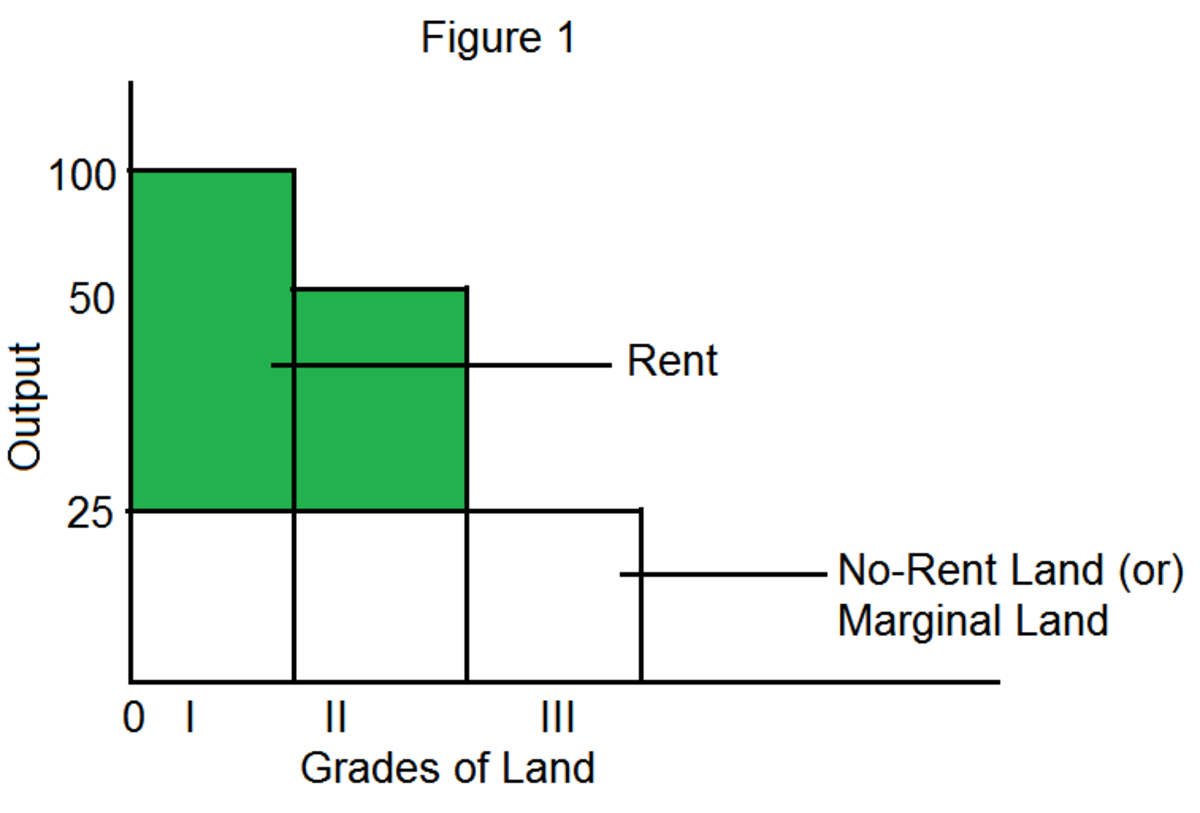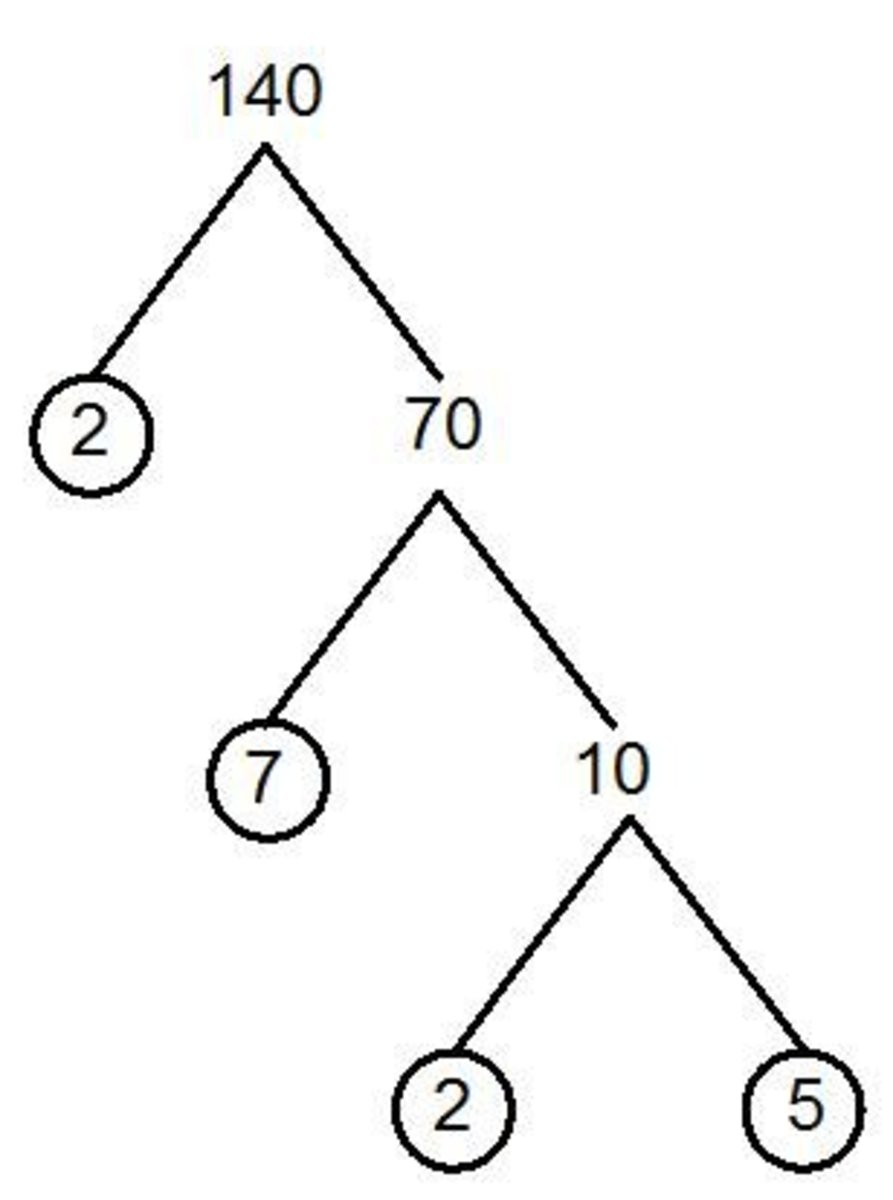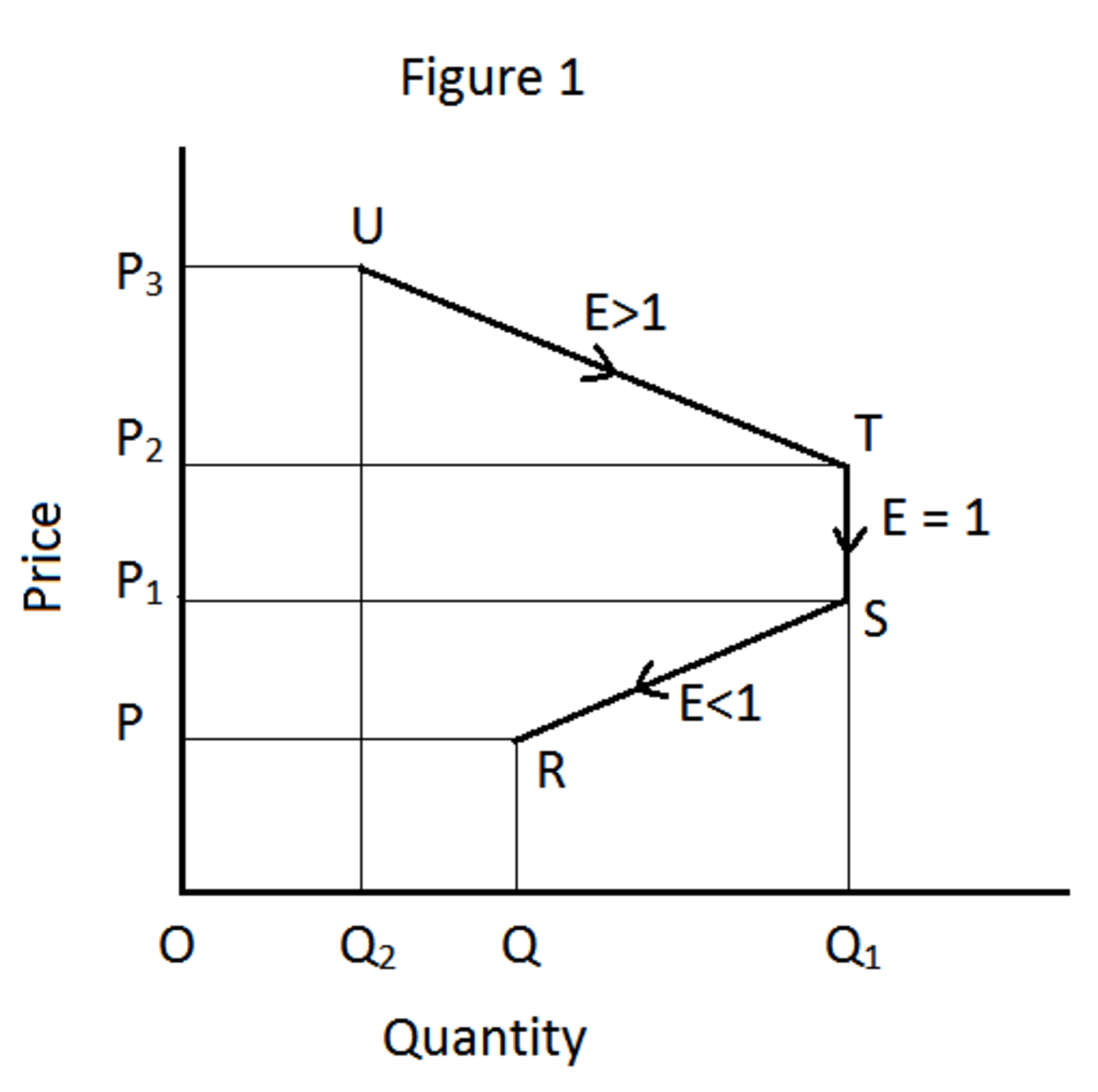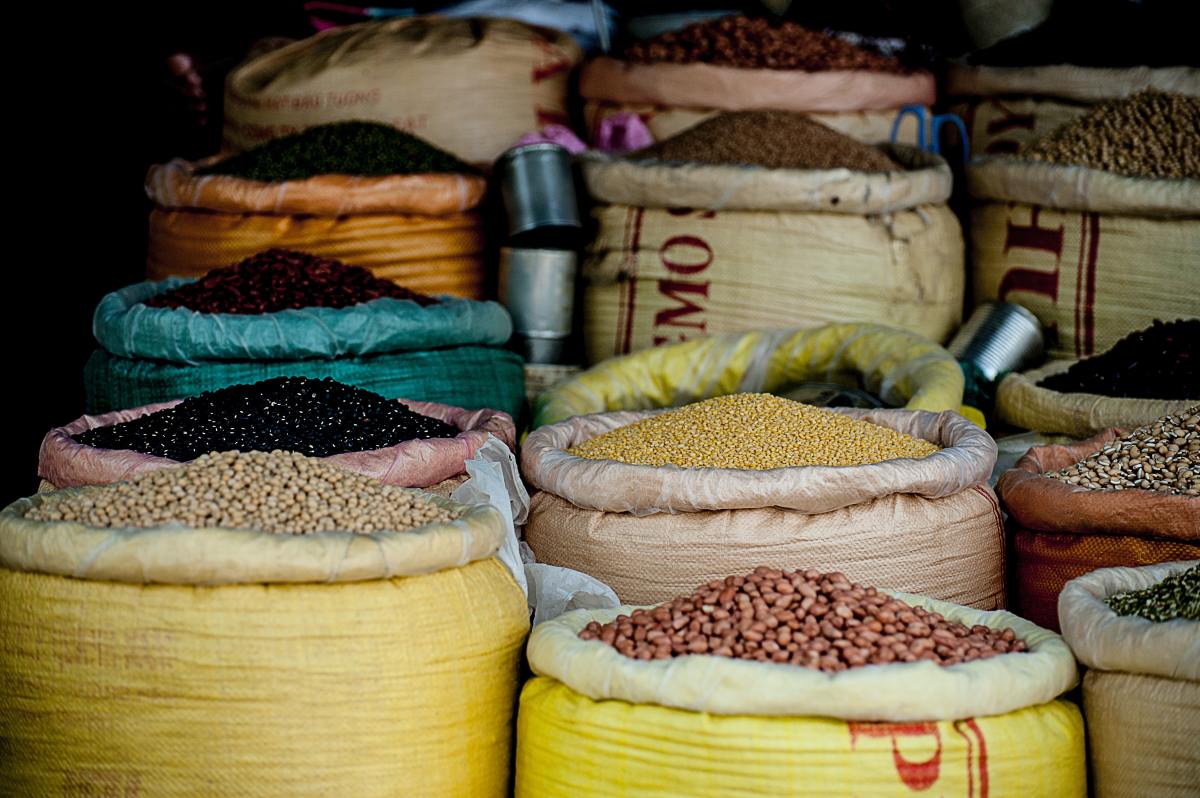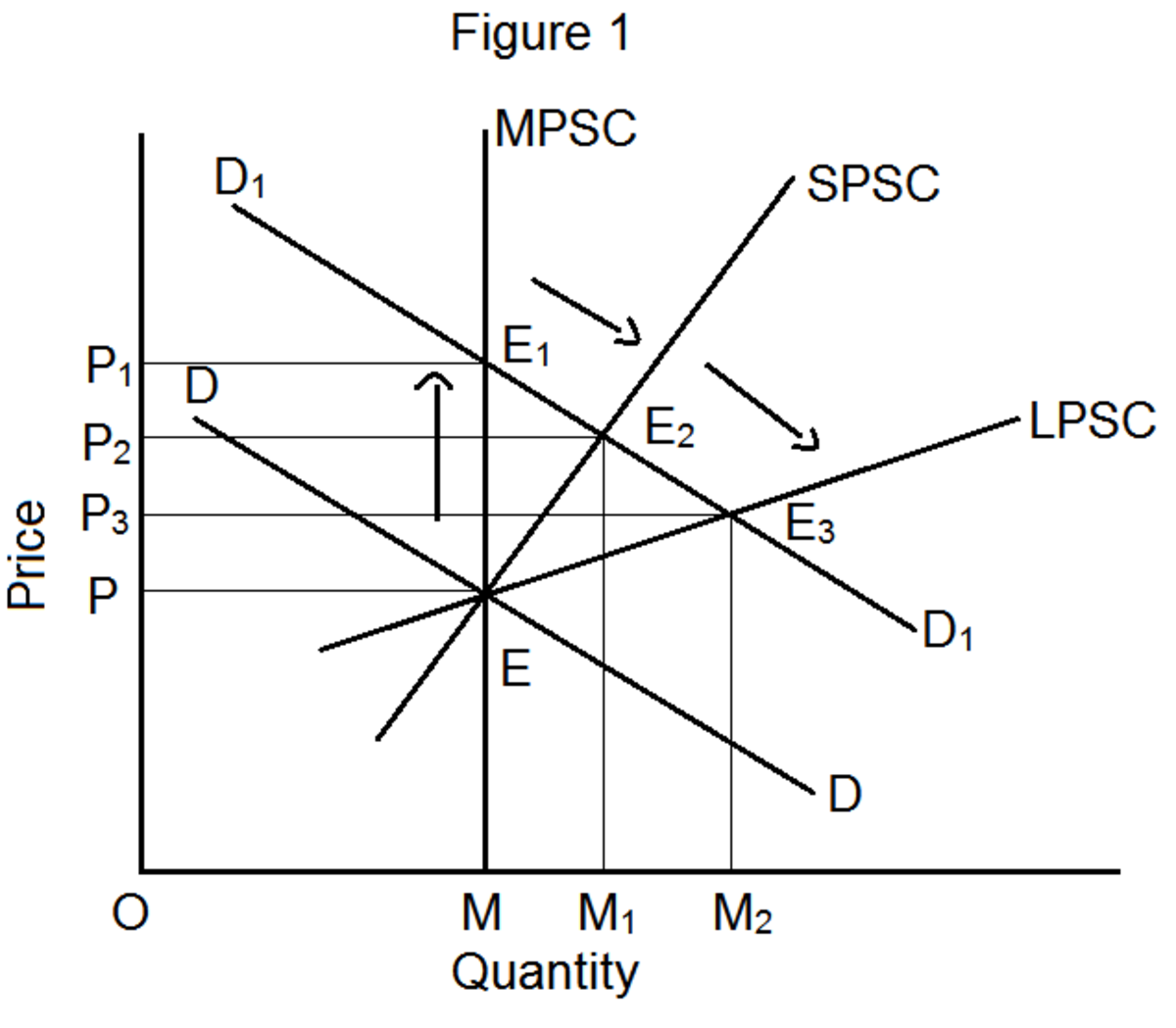Factors of Production: Land

Introduction
Land is one the most important factors of production. Since all land is gift of nature, it is a scarce resource. Land plays a vital role in all economic activities from agriculture to manufacturing highly sophisticated goods. In case of agriculture, land, as a factor of production, determines the quality and nature of the products cultivated. Among four factors of production, only land is an independent factor. This means that land itself can produce some products without the help of other factors of production. For instance, we are able to get many edible and non-edible items from forests.
Meaning of Land in Economics
There is a huge difference between the land in ordinary sense and the land in economic sense. In ordinary sense, land simply means the soil or the surface of the earth. In ordinary usage, we do not think of anything else to explain land. However, in economic sense, the term ‘land’ is very broad and has special meaning. Land in economic sense refers to all gifts of nature that can be brought under the control of human beings to generate income. Therefore, we can say that rivers, fisheries, natural forests, mineral deposits and seas come under the purview of the concept of land.
Do you think, other nature’s gifts such as air, sunshine and rain should be included in land? You need not include them in land because they do not have exchange value, as they are available in abundance. However, anybody can make use of these resources for their betterment. For example, electricity can be generated from sunshine and air.
Characteristics of Land
In economics, we are looking at land only as a factor of production. As an important factor of production, land has certain peculiarities. They are:
Among the four factors of production, land is considered the primary factor because you cannot establish any business with the help of land.
Land, as stated above, is a gift of nature. Man can make use of the land for his betterment. However, the usage of land completely depends upon its type and quality. Man can change the quality of land to some extent. However, no one can change its type. For instance, we cannot cultivate paddy in a desert.
Another important characteristic of land is that its supply is fixed. None can reduce or increase the supply of land, as it is not a manufactured commodity. However, the size of land in use may vary from time to time. Moreover, the nature or type of land can be altered by natural or man-made disasters. In this case, land may not be useful for the same purpose after the disasters. For instance, contaminated river’s water does not serve for drinking purpose.
Land has no cost of production, as it is not a manufactured commodity. However, government may set prices for natural resources for regulation purposes.
In addition, land cannot be destroyed or created. Hence, land is permanent. However, the type or nature of land may change over a period because of natural process or human activities. For example, fertility of agricultural land may be exhausted because of continuous usage for cultivation.
Among four factors of production, land is the only factor that is immobile. However, land can be used for different purposes. An agricultural land can be used to construct houses. A hill station can be used as a recreational spot. Therefore, land is immobile in geographical sense. However, the ownership of land can be transferred.
The quality of land differs from place to place. For example, all agricultural land may not possess the same quality. All seas may not possess same resources. Some land might have more mineral deposits and some might not have. Therefore, we can claim that land is heterogeneous.
Land is called a passive factor of production when it comes to industrial production. Note that land can give you many things to eat; it can give you plenty of natural resources. However, when it comes to industrial production, it has to be combined with other factors of production to produce goods. Land alone cannot produce anything. Therefore, land is known as passive production.
Land can be used to fulfill many purposes. For instance, you can use the land to cultivate, to construct buildings, to set up factories and so on.
© 2012 Sundaram Ponnusamy

